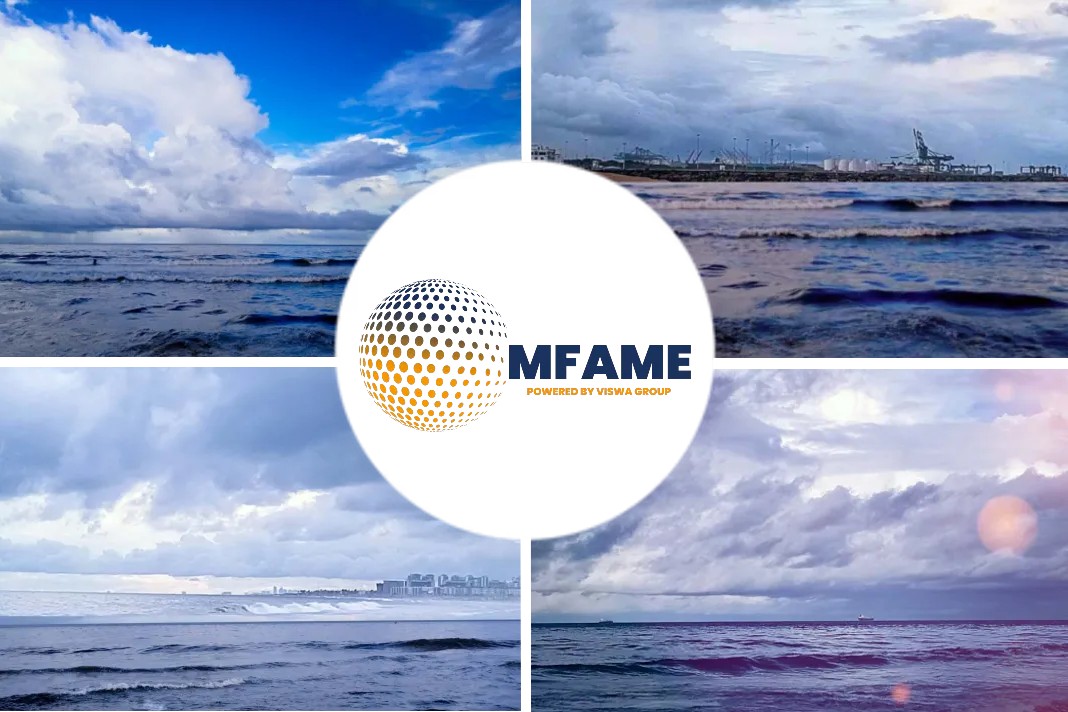By Henrik Alex
Summary
- Temporarily improved drybulk rates were largely negated by another contract termination in the oil service fleet.
- Company recorded a strikingly high $64.5 mln impairment charge against the value of its remaining fleet.
- Net asset value now calculates to roughly $5.50 per share.
- Stock will continue to predominantly serve as a playground for traders and speculative retail investors.
DryShips just reported its Q4 and full year 2016 results and, as expected, the results were nothing to write home about as the company continued to record material losses.
A temporarily improved spot rate environment in the drybulk shipping markets was largely negated by another substantial decrease in revenues derived from the company’s new oil service segment.
In fact, the release contained some significantly negative developments:
- The company recorded just another, major impairment charge of $64.5 mln which, in combination with a couple of vessel sales during the quarter, almost cut the book value of the company’s remaining fleet in half, from $187.5 mln at the end of Q3 to just $95.5 mln at year end.
- The utilization of the oil service fleet decreased further during the quarter as another vessel charter was terminated by the company’s single customer, Petrobras (NYSE:PBR). With that, four out of six oil service vessels are now stacked or sitting idle.
- General and administrative expenses doubled from third quarter levels despite the fleet’s continued shrinkage.
Moreover, the Baltic Dry Index has now retreated more than 40% from its November 2016 recovery highs so investors should expect a substantially weaker performance of the company’s drybulk fleet going forward.
I already tried to conservatively assess DryShips’ current net asset value in my most recent article on the company and arrived at roughly $5.85 per share assuming cash levels of $250 mln, a fleet value of $100 mln ($122 mln including the advance payment for the new VLGC) and long-term debt of $160 mln.
As it turned out, my calculation was pretty close but not exactly conservative as the impairment charge reduced the fleet value even below my assumption and current cash levels are slightly lower than anticipated.
In sum, DryShips current net assets calculate to roughly $200 mln which divided by the 36.25 mln outstanding shares results in a net asset value of roughly $5.50 per share (assuming the fleet’s stated book value now resembles the market value of the vessels).
While shares currently trade almost 20% below net asset value, the discount looks pretty much warranted as the price is simply reflecting the perceived substantial risk of further dilution and ongoing self-dealings orchestrated by the company’s colorful CEO and Chairman, Greek shipping magnate George Economou.
In fact, ongoing strong trading volume might very well entail a third financing round with Kalani Investments Limited that would most likely put renewed pressure on the stock price and in the end lead to DryShips acquiring more vessels at unfavorable price tags from Economou’s closely held entities.
As a reminder:
The company is currently expected to use the entire offering proceeds to purchase a total of four Very Large Gas Carriers (VLGCs) for $334 mln from companies controlled by George Economou. Thanks to long-term time charters attached to the vessels, the new VLGC fleet, once fully delivered and placed into service, will contribute positive cash flows in the range of $10-15 mln annually.
Unfortunately, DryShips will continue to record sizeable losses from its remaining drybulk and oil service operations for the time being as these markets are expected to remain largely depressed.
Bottom line:
The company’s Q4 operating results were, once again, nothing to write home about as some temporary improvement in drybulk spot rates was negated by another contract termination in the oil service fleet. In addition, DryShips took another large asset impairment charge, reducing the remaining value of its legacy fleet to just $95.5 mln. Net asset value now calculates to roughly $5.50 per share.
Investors should not expect the shares to sustainably trade at or even above the net asset value as the market will continue to discount the substantial risk of further dilution and ongoing self-dealings orchestrated by the company’s CEO and Chairman, George Economou.
Given the issues discussed above, DryShips’ stock will continue to predominantly serve as a playground for traders and speculative retail investors for the foreseeable future.
If history is any lesson, investors with a long-term or more conservative approach should not touch the shares with a ten-foot pole as over the past decade ongoing dilution has entirely wiped out the company’s legacy shareholders.
Did you subscribe for our daily newsletter?
It’s Free! Click here to Subscribe!
Source: Seeking Alpha















![[Watch] Crazy Power Needed to Move World’s Largest Containerships](https://mfame.guru/wp-content/uploads/2023/11/mfame-tanker-100x70.jpg)

